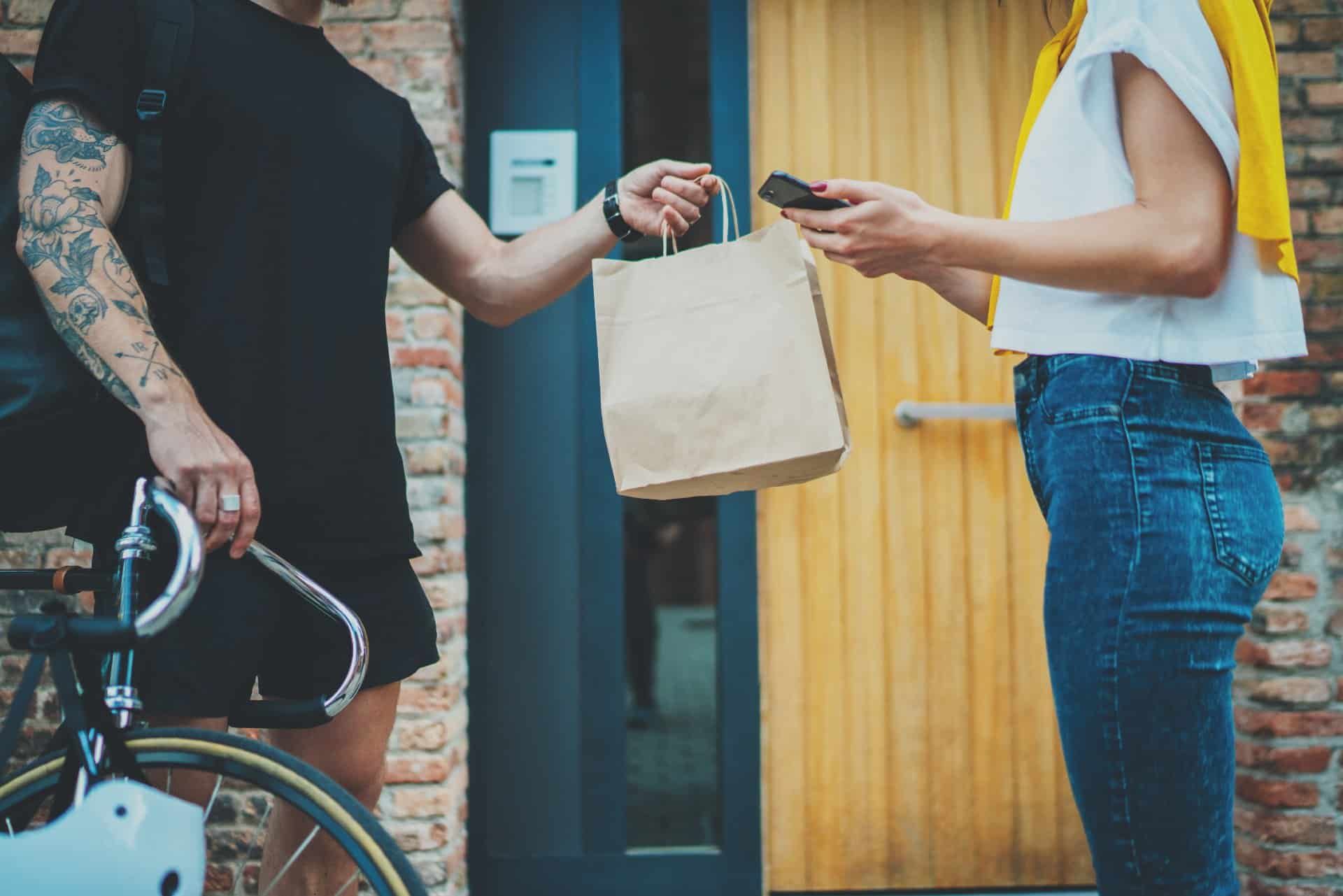
Consumers in Massachusetts may have been charged deceptive delivery fees that were not disclosed properly by the delivery service.
During the coronavirus pandemic, online food delivery services have been vital for both restaurants and consumers. Many restaurants have been forced to close their dining rooms due to state regulations, meaning delivery and pick-up orders may account for the majority of their profits.
Consumers rely upon third-party services, such as Grubhub, Drizly, DoorDash, Caviar, Postmates, and Uber Eats, for COVID-safe food delivery. However, these services are associated with significant fees.
In addition to the delivery fees charged by any restaurant or company in the business of delivering food, third-party apps may add additional fees or costs in the form of service charges. Unfortunately, these costs can quickly increase the financial burden on consumers while cutting into restaurant profits.
To prevent companies such as DoorDash from taking advantage of consumers and independent restaurants with abusive fees, Massachusetts lawmakers have passed a new bill including a fee cap on food delivery fees.
These measures are part of a larger $626 million economic development bill that establishes a $20 million fund for struggling independent restaurants, according to Eater. In addition to providing grants from this fund, the bill limits the fees able to be charged by third-party food delivery apps like DoorDash, UberEats, GrubHub, and others. Under the bill, food delivery fees will be capped at 15 percent.
These fee caps would persist throughout the pandemic but would not apply to chain restaurants, such as Applebee’s, which have more than 20 locations.
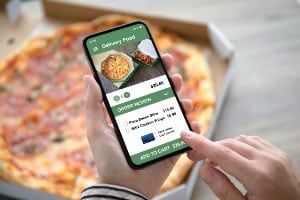 “This is a heartbreaking time for so many cherished local restaurants and the chefs, suppliers, workers, and families that continue to struggle. We know that this bill carries new hope and opportunity,” a representative from advocacy group Massachusetts Restaurants United (MRU) said in a statement via Twitter.
“This is a heartbreaking time for so many cherished local restaurants and the chefs, suppliers, workers, and families that continue to struggle. We know that this bill carries new hope and opportunity,” a representative from advocacy group Massachusetts Restaurants United (MRU) said in a statement via Twitter.
“We thank all those who came together to secure this unprecedented support in our hour of need. MRU will keep fighting until our businesses and our workforce are back on their feet.”
The economic bill has cleared the state’s House and Senate, but has yet to be approved by Massachusetts Governor Charlie Baker.
In an email to Boston Business Journal, DoorDash urged Baker to consider the effect the bill may have on food delivery apps. According to DoorDash, capped fees could result in increased consumer costs — leading to fewer orders and earning opportunities for both restaurants and gig economy drivers.
A similar delivery caps have been put in place by New York and prominent cities such as San Francisco, Chicago, Portland, and Seattle.
Unfortunately, consumers have likely paid a significant amount in delivery fees and other costs associated with the use of third-party or restaurant delivery services before fee caps were instituted. However, consumers may be able to take legal action to recover some of these financial damages.
Attorneys are interested in speaking to Massachusetts and New York consumers who were charged hidden fees by third-party food delivery services such as Grubhub, Drizly, DoorDash, Caviar, Postmates, and Uber Eats or restaurants such as Chipotle, Chick-Fil-A, Sweetgreen, Burger King, McDonald’s, Buffalo Wild Wings, Panda Express, Panera, and Wendy’s.
ATTORNEY ADVERTISING
Top Class Actions is a Proud Member of the American Bar Association
LEGAL INFORMATION IS NOT LEGAL ADVICE
Top Class Actions Legal Statement
©2008 – 2025 Top Class Actions® LLC
Various Trademarks held by their respective owners
This website is not intended for viewing or usage by European Union citizens.


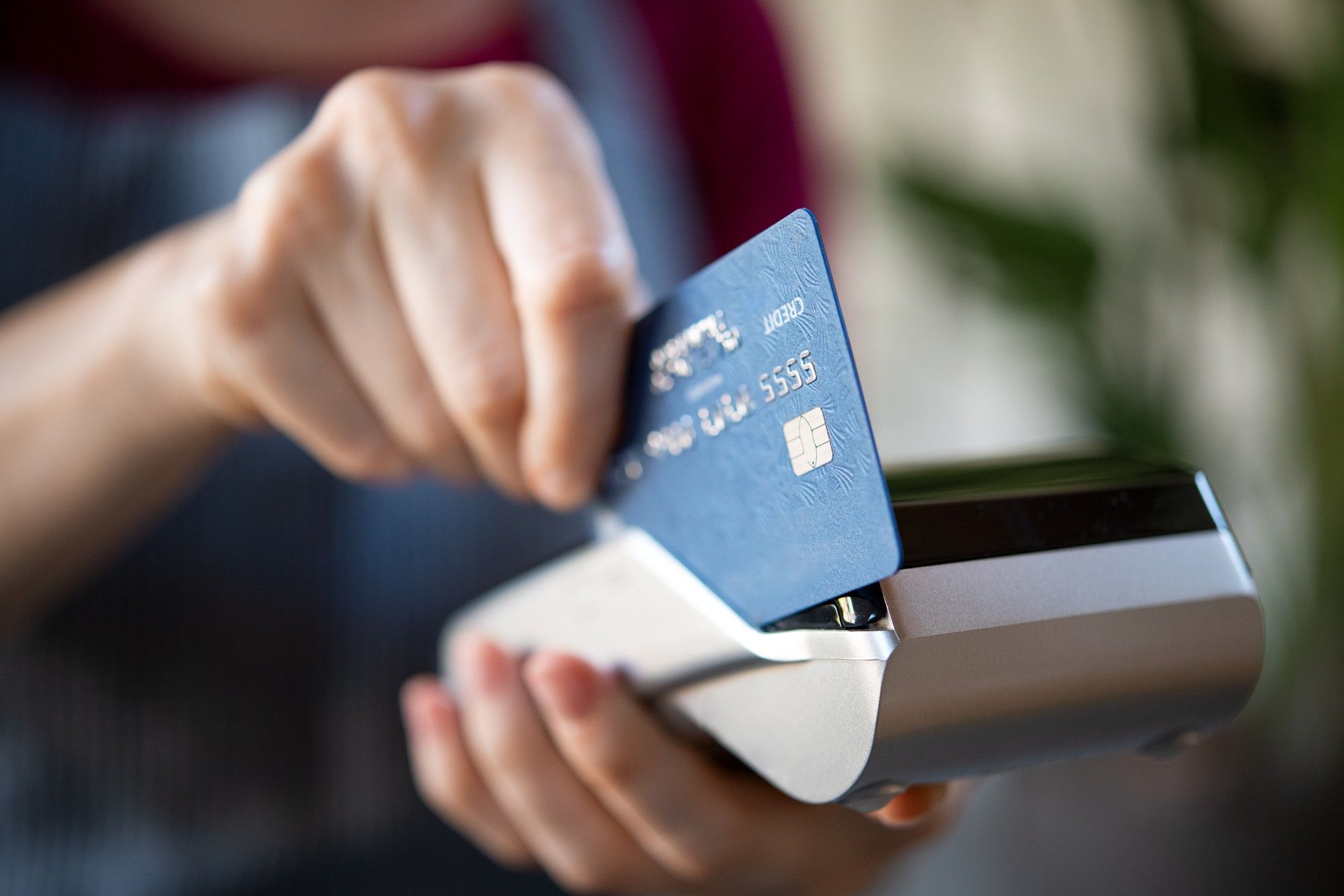


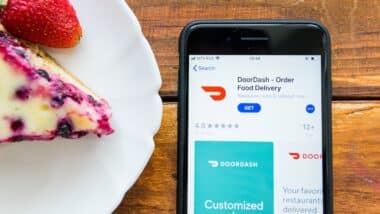
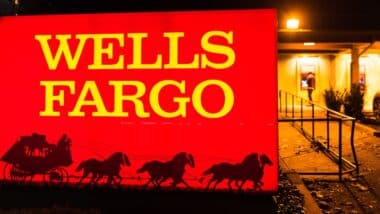
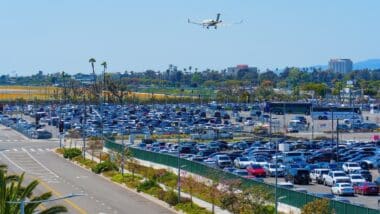
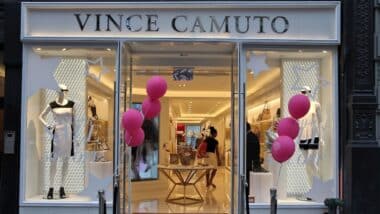


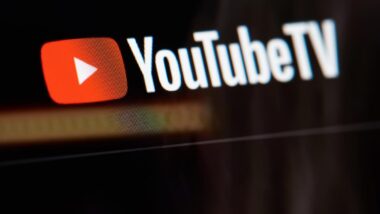



4 thoughts onFood Delivery Fees in Massachusetts: What You Need to Know
Add me please
Add me please
Add me please
Add me pleaae